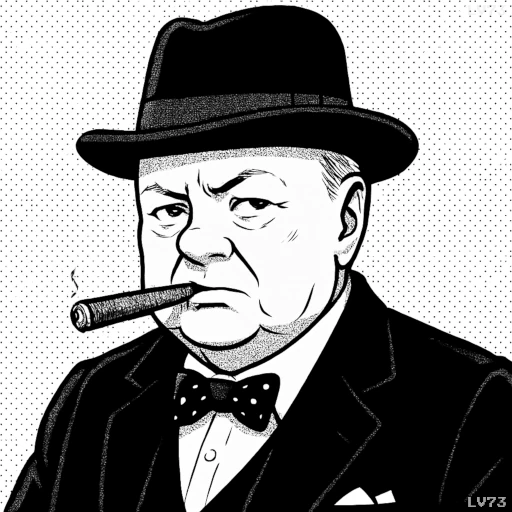“When the war of the giants is over the wars of the pygmies will begin.”

- November 30, 1874 – January 24, 1965
- British
- Politician, army officer, writer
table of contents
Quote
“When the war of the giants is over the wars of the pygmies will begin.”
Explanation
In this quote, Winston Churchill reflects on the cyclical nature of global conflict, suggesting that once major conflicts (referred to here as the “war of the giants”) are resolved, smaller, less significant disputes (the “wars of the pygmies”) will inevitably follow. By using the metaphor of giants and pygmies, Churchill emphasizes the contrast between large-scale, world-changing wars and more localized, less impactful conflicts that arise once the dominant powers have settled their major disputes. The phrase speaks to the human tendency to engage in conflict, even after larger wars are over, and how international tensions and power struggles can persist in different forms.
Churchill likely made this observation after the end of World War II, as the world was transitioning from the overwhelming conflict between major powers (such as the Axis and Allied forces) to the Cold War, a period marked by smaller-scale conflicts and proxy wars driven by the competition between the United States and the Soviet Union. These “wars of the pygmies” refer to the smaller, less direct struggles for influence that emerged, such as the Korean War, the Vietnam War, and various other conflicts throughout the Cold War era.
This quote remains relevant in understanding post-war periods and the nature of conflict. Large-scale wars may end, but political, ideological, and economic tensions continue to fuel smaller confrontations, sometimes with the same nations involved but on a different scale. The message highlights the enduring nature of human conflict and the complexity of achieving lasting peace, even after major wars are won. It is a reminder that peace is not simply the absence of war, but rather a continual struggle to address the underlying causes of conflict at all levels.
Would you like to share your impressions or related stories about this quote in the comments section?



